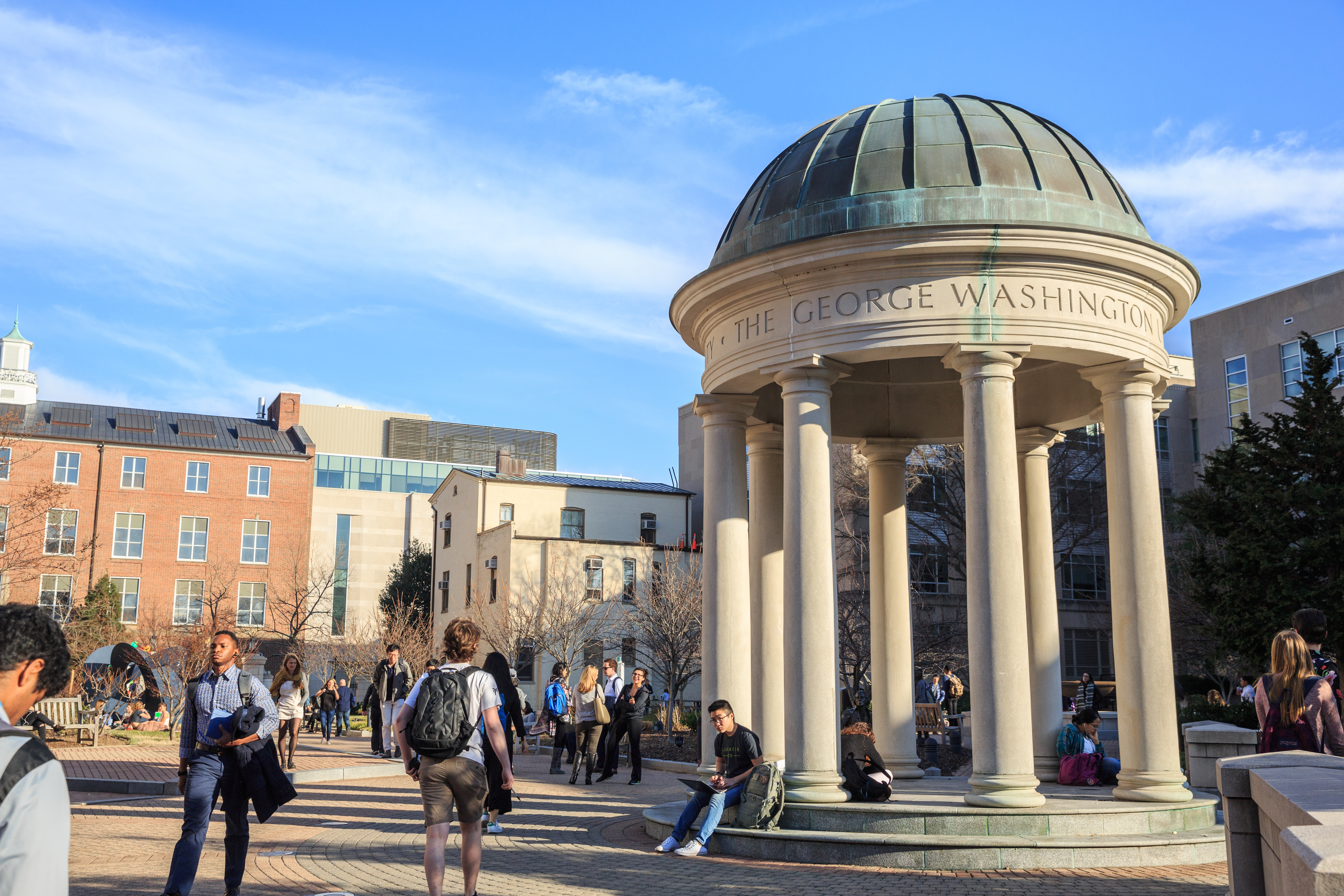Written by Zael Hurtado, Cisneros Scholar '25
Hidden within the recesses of the fifth floor of the GW University Student Center lies the Office of Student Success. Within this office you will find several people working day in and day out to provide resources for students, hoping to make their time at GW smoother. One of their most sought-after resources is student success coaching. While some people might need tutoring in multi-variable calculus or in organic chemistry, there are some unfortunate souls like me who need tutoring on how to be an effective student. This is where student success coaching comes in. Every week I meet with my success coach and work on my time management and study skills. I have been going to these appointments for the better part of a year now and have learned various skills and lessons about what it takes to be a successful student.
As I transitioned from high school to college, I went through an experience almost every straight A, overachieving student goes through. Despite convincing myself I was immune to it, I learned the unfortunate truth that my above average memory and ability to parrot facts was no longer going to give me the stellar grades I was accustomed to. I learned quickly that college required more than I was prepared to give. I was able to skate by well my first year and a half of college, but that second semester of sophomore year hit me like a ton of bricks. I knew something had to change, and thankfully, something did.
When I signed up for my first student success appointment, I mistakenly thought that it would magically fix all my academic woes and miraculously make me the perfect student built to take on the academic world. Once again, I was wrong (I tend to do that a lot). I missed the ever-crucial step between starting coaching and becoming a better student – actually putting in the work. Somehow, I had forgotten that coaching provides me with resources, what I do with those resources is up to me. Student success coaching is not a cure-all remedy to academic dysfunction. It is a tool that gives students resources and teaches them how to take their academic future into their own hands.
Zael Hurtado is a Cisneros Scholar majoring in International Affairs. Zael's views are her own and not necessarily reflective of the Cisneros Institute.
Photo credit: George Washington University.


